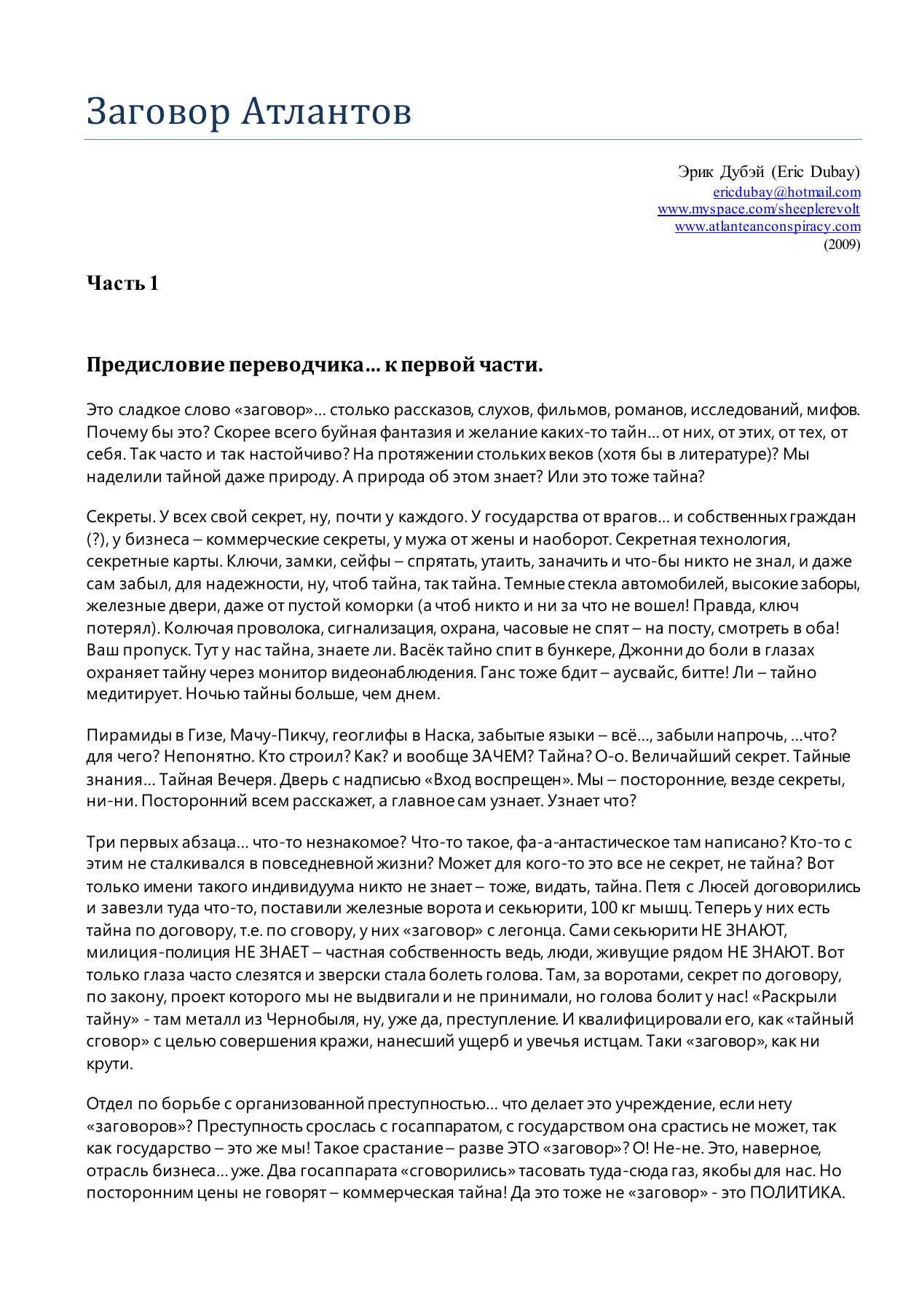
Cash: material money. The coin hums a farewell tune
On the one hand, we hear everywhere that the end of cash is inevitable. Countries like Denmark are closing their mints. On the other hand, there are many concerns that 100% electronic money is also 100% surveillance. Or maybe similar fears will break cryptocurrencies?
Almost all over the world, monetary institutions - from the European Central Bank to African countries - are less and less fond of cash. The tax authorities insist on abandoning it, because it is much more difficult to evade taxes in a controlled electronic circulation. This trend is supported by the police and law enforcement agencies, which, as we well know from crime films, are most fond of suitcases of large denominations. In many countries, shopkeepers who are at risk of being robbed are less and less inclined to keep cash.
Looks like they're most ready to say goodbye to tangible money Scandinavian countrieswhich are sometimes even called post-cash. In Denmark, in the early 90s, coins, banknotes and checks accounted for more than 80% of all transactions - while in 2015 only about a fifth. The market is dominated by cards and mobile payment apps, with the Danish central bank testing the use of technology-based virtual currencies.
Electronic Scandinavia
Sweden, neighboring Denmark, is considered the country closest to completely abandoning physical money. Cash will be gone by 2030. In this regard, it competes with Norway, where only about 5% of transactions are made in cash and where it is not easy to find a shop or restaurant that will accept a large amount of money as payment. for goods or services. The replacement of cash with electronic money in Scandinavia is facilitated by a special culture based on public trust in government institutions, financial institutions and banks. The gray zone that once existed there has practically disappeared thanks to cashless exchange. Interestingly, as electronic payments increasingly replace traditional methods, the number of armed robberies is also systematically decreasing.
Bar in Sweden, no cash
For many Scandinavians, the use of coins and banknotes becomes even suspicious, being associated with the aforementioned shadow economy and crime. Even if cash is allowed in a store or bank, when we use it in large quantities, we need to explain where we got it from. Bank employees were required to report large cash transactions to the police.
Getting rid of paper and metal brings you saving. When Swedish banks replaced safes with computers and got rid of the need to transport tons of banknotes in armored trucks, their costs dropped significantly.
Even in Sweden, however, there is a sort of resistance to cash hoarding. Its main strength is the elderly, who find it difficult to switch to payment cards, not to mention mobile payments. In addition, complete dependence on the electronic system can lead to big problems when the system will collapse. Such cases have already been - for example, at one of the Swedish music festivals, the final failure caused a revival of barter ...
Global fade
Not only Scandinavia is moving towards the withdrawal of banknotes and coins from circulation.
Since 2014, cash has been virtually excluded from the real estate market in Belgium - the use of traditional money in transactions conducted there was prohibited. A limit of 3 euros has also been introduced for domestic cash transactions.
French authorities report that 92% of citizens have already abandoned paper and metal money in their daily lives.
Research also shows that 89% of Britons use only e-banking in their daily lives.
As it turns out, not only the wealthy West is moving towards a cashless economy. Saying goodbye to Africa may be waiting for physical money faster than anyone thinks.
In Kenya, MPesa's mobile banking app for mobile phones already has over tens of millions of registered users.
MPesa payment application
An interesting fact is that one of the poorest countries in Africa, not internationally recognized Somaliland, separated in 1991 from Somalia, mired in military chaos, is ahead of many developed countries in the field of electronic transactions. This is probably due to the high crime rate, which makes keeping cash there dangerous.
The Bank of South Korea predicts that by 2020 the country will abandon traditional money.
Back in 2014, Ecuador introduced a government e-currency system in addition to the traditional currency system.
In Poland, since the beginning of 2017, all transactions between companies for an amount exceeding PLN 15. PLN must be electronic. Such a significantly reduced limit of cash payments is explained by the need to combat tax fraudsters who evade paying VAT in various ways. In a study conducted in Poland in 2016 by Paysafecard - one of the world's leading online payment solutions - found that only about 55% of respondents were opposed to moving away from cash and converting it to digital payment methods.
Blockchains instead of the omnipotence of banks
If you can only buy with electronic payments, all transactions will leave traces - and this is a specific story of our life. Many do not like the prospect of being everywhere supervised by the government and financial institutions. Most skeptics are afraid of the possibility completely depriving us of our property with just one click. We are afraid to give the banks and the treasury almost complete power over us.
E-currency also provides power with a great tool to increase efficiency. fight against rebels. The example of PayPal, Visa and Mastercard operators, which cut Wikileaks payments, is quite revealing. And this is not the only story of its kind. Various - let's call it "non-traditional" - Internet initiatives often find it difficult to use official financial services. That is why they are gaining popularity in certain circles, unfortunately, in criminal ones as well. kryptowaluty, based on chains of scrambled blocks ().
Enthusiasts Bitcoin and other similar electronic coins see them as an opportunity to reconcile the convenience of electronic circulation with the need to protect privacy, because it is still encrypted money. In addition, it remains a "public" currency - at least theoretically controlled not by governments and banks, but by a specific agreement of all users, of whom there may be millions in the world.
However, according to experts, the anonymity of cryptocurrency is an illusion. One transaction is enough to assign a public encryption key to a specific person. The interested party also has access to the entire history of this key - so there is also a history of transactions. They are the answer to this challenge. mixery coin, however, they violate the core idea of Bitcoin, which is a trust abstraction. When using a mixer, we must fully trust a single operator, both regarding the payment of mixed bitcoins, and regarding the non-disclosure of the relationship between incoming and outgoing addresses.
Of course, there are solutions to make Bitcoin a truly anonymous currency, but whether they will be effective remains to be seen. Last year, the Bitcoin testnet made its first transaction using a tool called Shufflepuff, which is a practical implementation of the CoinShuffle protocol developed by scientists from the German University of Saar.
This is also a kind of mixer, but a little improved. After collecting a temporary group, each user generates an output BTC address and a pair of temporary cryptographic keys. The list of input and output addresses is then - through a process of encryption and "shuffling" - distributed among the members of the group in such a way that no one knows which address is whose. After populating the list, you create a standard transaction with multiple inputs and outputs. Each node participating in the hash checks to see if the bitcoins on the input were declared mixed and if the transaction has “its own” output with the appropriate amount, and then signs the transaction. The last step is to collect the partially signed transactions into one, signed by the entire hash. So, we do not have one user, but a group, i.e. a little more anonymity.
Will cryptocurrencies prove to be a good compromise between the “historical necessity” that electronic money seems to be and the commitment to privacy in the sphere of earning and spending? May be. Australia wants to get rid of cash within a decade, and in return, citizens are offered a kind of national bitcoin.
